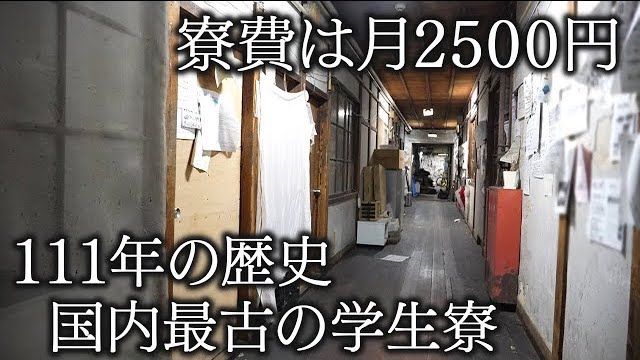With a rapidly aging and declining population, human capital is one of Japan's most precious resources. Yet despite Japan's need to draw on every individual in the workforce, there is a section of the population whose potential is being overlooked: children in poverty.
Investing in their education could help these young people secure work, boost domestic consumption and add to the nation's dwindling taxpayer base.
But left unaddressed, their ranks will grow, robbing Japanese companies of a much needed source of young, skilled labor -- ultimately, weighing down on an already overloaded social security system.
On October 17 -- the UN-designated International Day for the Eradication of Poverty -- there is an understandable tendency to focus on developing countries, so it may come as a surprise that child poverty is an issue in Japan, the world's third-biggest economy and one of its largest donor countries.
I myself was unaware of the severity of the problem until I visited a children's home about 15 years ago. I was shocked to learn that once they reach the age of 18, the children in the facility have no option but to leave the home and support themselves. The hurdles to pursuing higher education are considerable, the probability of sliding into poverty high.
But the issue is not limited to children in care facilities. Japan's child poverty rate was 14% in 2015. Among G-7 nations, only the U.S. and Italy recorded higher levels.
This means that today, one in seven children in Japan lives in relative poverty -- a situation in which a household's income is at or below half the median of the total population. In single-parent households, the figure is one in two children.
Since poverty is passed on from generation to generation, its effects multiply into the future. Research has shown that academic underperformance is more likely among underprivileged children. These are children who may regularly attend school on an empty stomach, who may lack the funds to pay for extracurricular activities or who may be forced to work in order to support their family.
With fewer academic credentials, their employment prospects and earnings potential are limited compared to peers from more affluent backgrounds. Ill health, criminality and dependence on state support are more prevalent. As a result, the chances that their own children will also live in poverty are higher. Many will forgo starting a family altogether.










